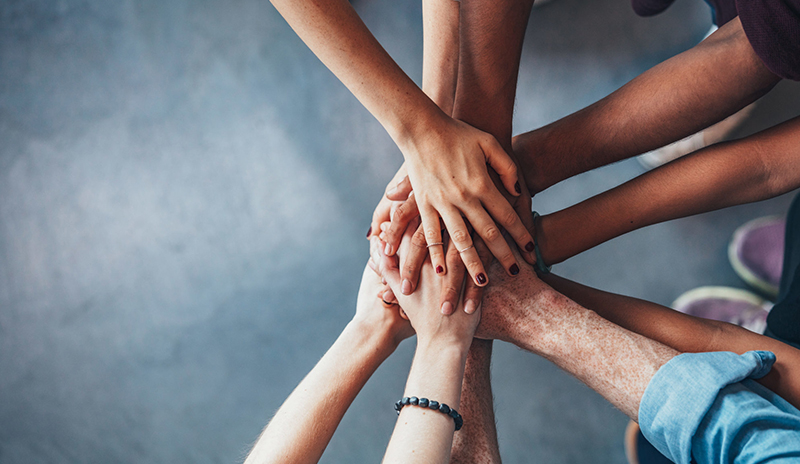The best way to prevent an abuse issue from becoming more serious is to be vigilant about recognizing the signs and symptoms of abuse.
Recognizing the signs of drug abuse in yourself:
- Feeling like you need to regularly use the drug
- Trying, and failing, to stop using the drug
- Spending money you can’t afford on the drug, or finding other ways to procure the drug that go against your morals or values
- Focusing on the drug more than on your close relationships, work/school or hobbies
- Feeling that you need the drug to deal with problems
- Feeling that you need the drug in order to have fun
- Driving under influence of the drug
- Neglecting your responsibilities to focus on procuring or taking the drug
- Taking the drug in order to prevent symptoms of withdrawal
- Keeping your drug use secret from family/friends
Recognizing the signs of drug abuse in a child, student or friend:
- Deteriorating physical health or appearance
- Bloodshot eyes
- Changes in appetite or sleep patterns
- Sudden weight gain or weight loss
- Tremors, slurred speech or poor coordination
- Problems at school or work, including poor attendance or a drop in grades
- Drastic changes in behavior
- Mood swings or irrational outbursts
- A sudden development of secretive behavior
- Lethargy or an “I don’t care” attitude
- Sudden need for money, including stealing money from friends or family members
- Sudden change in friends
- Drug-specific symptoms: warning signs of commonly abused drugs

 About Us
About Us Partners
Partners Events
Events Speaker’s
Speaker’s Resources
Resources Our Services
Our Services Gallery
Gallery Contact
Contact